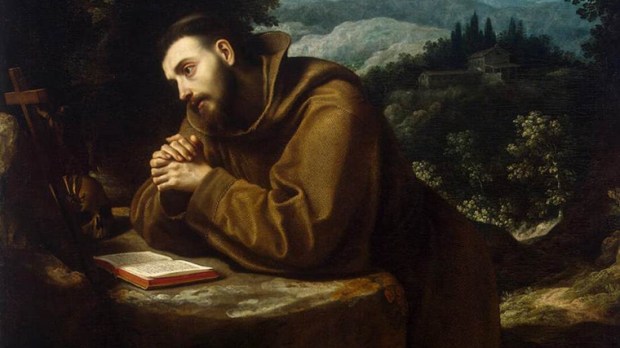From CNS, an interview with the head of the Friars Minor reveals a sensibility that is, to my way of thinking, beautifully diaconal:
For St. Francis of Assisi, following Christ meant imitating his humility and forsaking riches, power and status; the men who call themselves Franciscans today believe they are called to embrace the same attitudes, including in their governance. In early April, the ministers general of four men’s branches of the Franciscan family — the Friars Minor, Capuchins, Conventual Franciscans and the Third Order Regulars — asked Pope Francis to give the Franciscans the “privilege” of allowing religious brothers to be elected to leadership positions, including those with authority over ordained priests. The word “privilege” means special permission for something not generally envisioned by church law. In canon law, governance in the church usually is tied to ordination. The Franciscans’ request is about recovering the notion of fraternity and service St. Francis gave his first companions, said Father Michael Perry, minister general of the Friars Minor. But it also has implications for leadership, authority and governance in the wider church. At its root, it raises the question: “Is leadership about organizing things in such a way that one has absolute control over everything? Or is leadership about empowering people so that there’s a synergy, a bringing together of all the strengths within a community?” Father Perry told Catholic News Service. The core identity of ordained ministry is involved as well. Because of its unique connection to the Eucharist, the ministerial priesthood has a special and irreplaceable role within the Catholic Church and within a Catholic religious community, Father Perry said. The Franciscans’ request “is not a question of challenging spiritual authority or the role of the shepherd; it’s actually about liberating the shepherd so that he can be focused on the sheep and not have to be worried about the gates and the fences.”
And there’s this:
Some people have argued that St. Francis was a deacon, but Father Perry said even that is hotly debated among Franciscan scholars. What is certain is that he received the “tonsure,” a ritual cutting of hair that often signified preparation for ordination. But Father Perry is convinced that in St. Francis’ case, it was simply the official sign that he had been granted permission by the bishop to preach in churches.

